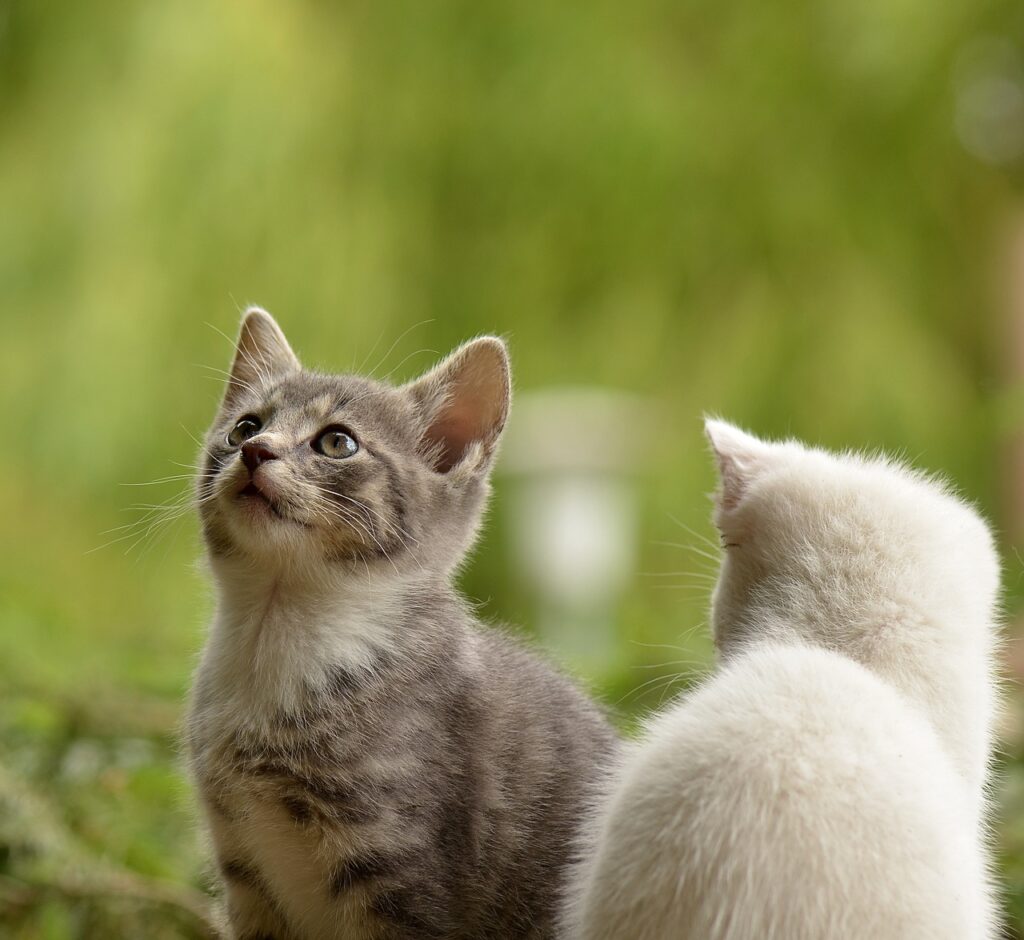Can Cats Eat Walnuts? – No, They Can’t
Walnuts, while a nutritious snack for humans, are not a suitable treat for cats. These nuts contain elements that can pose health hazards to our feline friends. This starts with the high fat content, which is difficult for cats to digest, and extends to potential toxins in certain types of walnuts, such as the tremorgenic mycotoxins found in moldy ones.
Is It Safe for Kittens to Consume Walnuts?
Feeding kittens walnuts is particularly risky. Their digestive systems are more sensitive than adult cats, and introducing high-fat foods like walnuts can lead to gastrointestinal upset. Additionally, the choking hazard is heightened in these young pets due to their smaller size.
Risks Associated with Feeding Walnuts to Kittens
Introducing walnuts into a kitten’s diet can lead to immediate health concerns such as diarrhea or vomiting. In the long term, it could also contribute to the development of pancreatitis due to the high-fat content. Moreover, moldy walnuts could cause neurological symptoms if ingested, due to the presence of toxic compounds.
Why Walnuts are Not Recommended for Cats
Digestive Issues and Pancreatitis Risk
Walnuts are high in fats that feline stomachs struggle to break down, potentially leading to gastrointestinal discomfort or even pancreatitis, a serious inflammatory condition of the pancreas.
Potential Toxin Exposure
Cats may be susceptible to toxins present in walnuts, especially if they are moldy. These toxins can induce seizures and other neurological effects, which are particularly dangerous.
Choking Hazard and Intestinal Obstruction
The size and shape of walnuts could create a choking hazard for cats. If swallowed, they can also cause blockages in the intestines, which might require surgical intervention.
Known Health Issues in Cats from Consuming Walnuts
Health problems from cats consuming walnuts may range from mild digestive upset to more severe conditions like pancreatitis or toxic reactions. Symptoms might include vomiting, diarrhea, lethargy, and in severe cases, seizures.
What to Do If a Cat Has Consumed Walnuts?
- Monitor the Cat Closely: Observe your cat for any signs of distress or abnormal behavior. Check if there are symptoms such as vomiting, lethargy, or lack of appetite.
- Contact Your Vet: If you suspect your cat has ingested walnuts, particularly if they show any symptoms of illness, contact your vet immediately for advice.
- Keep Hazards Out of Reach: Prevent future incidents by storing walnuts and other potentially dangerous foods securely out of your cat’s reach.
Safe Alternatives to Walnuts for Cats
Instead of walnuts, cat owners should look for cat-specific treats that are designed to be both safe and appealing to their pets. These can include small pieces of cooked chicken or turkey, commercial cat treats made with ingredients safe for feline consumption, or a little bit of plain, cooked pumpkin as a fiber-rich snack.
Conclusion
To ensure the safety and wellbeing of our feline companions, it’s essential to avoid feeding them walnuts. While humans might enjoy them as a healthy snack, they can pose several health risks to cats. Stick with cat-friendly treats to keep your furry friend happy and healthy.



